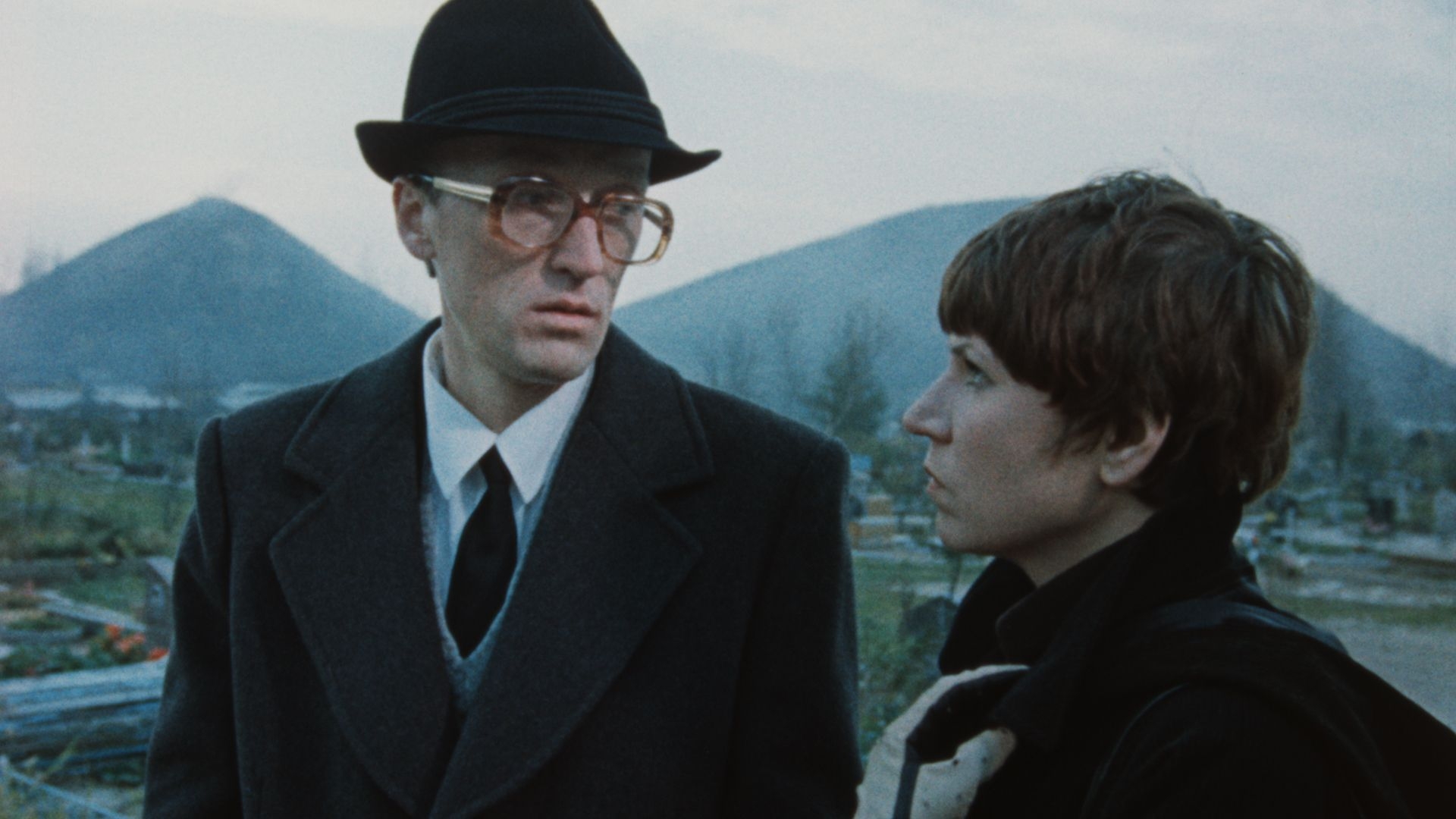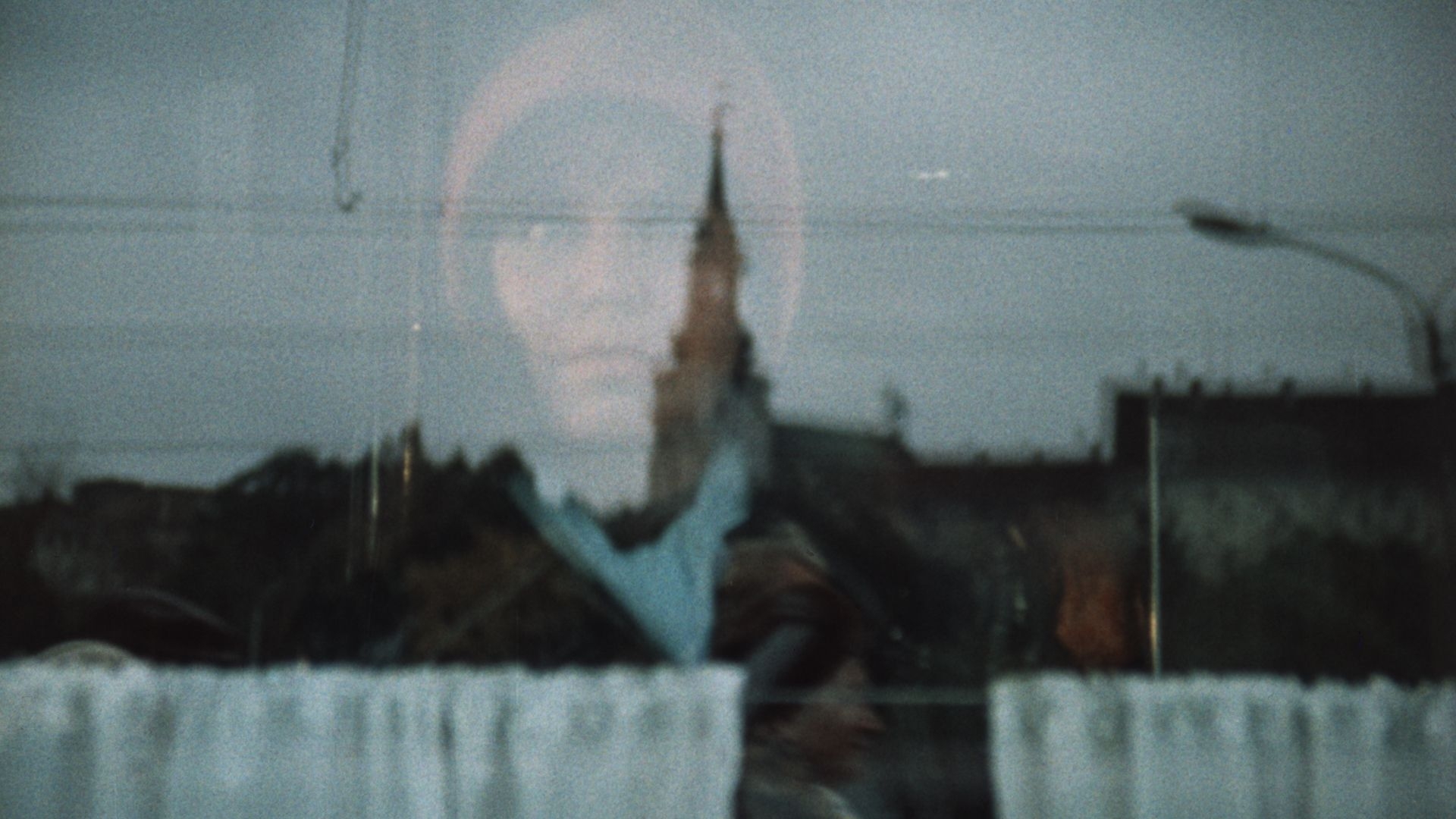
Old cinema can be hopelessly outdated or it can be relevant and significant today. Which films withstand the test of time?
"A Stolen Meeting", the last work by Estonian director Leida Laius, filmed in 1989 and restored in 2023, embodies this idea.
Recently released from a Russian prison, Valentina (Maria Klenskaya) returns to Estonia in search of her son Yuri (Andreas Kangur), whom she gave up for adoption many years ago. Confident that their reunion will bring joy, Valentina searches long and hard until she finds her son in Tartu, adopted by a wealthy family. Reconciliation proves more difficult than she anticipated.
Tiina Lokk, the general producer of the PÖFF film festival, was an editor at the time and worked on the script from the very beginning when the idea was just starting to germinate. She traveled from Tallinn to Moscow to defend the script at the film committee.
"Tallinnfilm" collaborated with the best screenwriters of the time from all over the USSR. We were offered a script by Maria Zvereva. The theme seemed universal and, most importantly, Leida liked the script," Tiina recounts.
A contrast was needed, and it was decided to juxtapose Ida-Virumaa and Tartu. "This contrast still seems fresh today. It's very simple and understandable, works excellently," says producer Piret Tibbo-Hutchins, who worked as the film's director at the time.
The shooting was challenging. Location shots were done in Jõhvi, Ahtme, Kohtla-Järve, and Sillamäe. Addresses of apartments with old addresses in Kohtla-Järve remain: Matrossovi 8 and Outokumpu 19. The street name has changed and most likely so have the owners. For us, the audience, it will be interesting to watch the film as evidence of that time. To see how cities, landscapes, interiors, and clothing have changed...
Watching "A Stolen Meeting," it's clear that it has not aged in either cinematographic language or meaning. In Leida Laius's films, actors are very organic, there's nothing superfluous or false. Leida knew how to work with actors, with no overacting, because she was an actress herself.

In the lead role is the young Maria Klenskaya, also of half Russian origin. She was suggested by cinematographer Jüri Sillart before the selection of actors began, and the script was written for the actress thereafter.
Maria Klenskaya, who has contributed to Estonian theatre and film with great dedication for nearly five decades, playing in more than 30 films. At that time, it was her first leading role in a movie and it was Maria who played a significant role in the creation of the film.
"No one else would have suited better at that moment, at that age and with such beauty. She showed a powerful acting performance, she had all the tools for it," Piret remembers.
The film received numerous festival awards. Among them the Grand Prix at the "Women in Film" festival in Los Angeles (1989), best film at the Festival of Female Film Directors in Venice (1990), best actress Maria Klenskaya at the Üleliiduline näitlejate festival in Kalinin (1989).
For a film to withstand the years, it needs an important theme that remains relevant today. In addition to themes of motherhood and the search for happiness, the film also addresses issues of identity and belonging, rootlessness, and migration.
This is precisely why the film "A Stolen Meeting" is featured in the KinoFF film festival program – the only film from the last century as a reminder of the bygone era and the belief in the future that we choose and build ourselves.
We await the audience on November 11 at 18:00 at Apollo Kino Jõhvi.